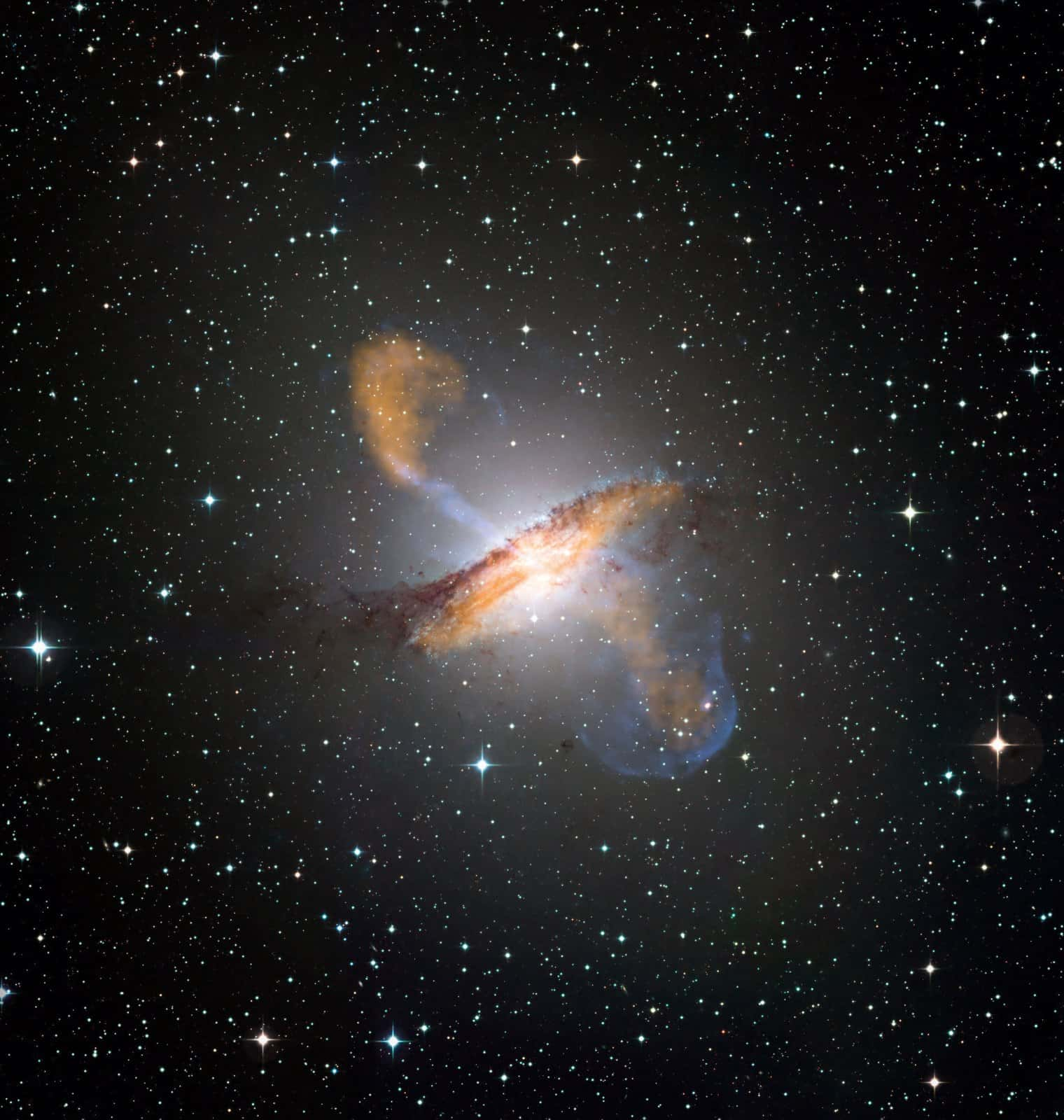When Nepal's Maoist Prime Minister Prachanda begins his first official visit to India on Sunday, it will be a homecoming of sorts.
KATHMANDU: When Nepal's Maoist Prime Minister Prachanda begins his first official visit to India on Sunday, it will be a homecoming of sorts, full of the memories of the days he spent incognito in this country off and on during the decade-long "People's War" he led from the front.
"Prachanda is very fond of visiting India. He is looking forward to his first official visit to India," Anirban Roy, who has authored a biography of the charismatic leader entitled "Prachanda: The Unknown Revolutionary", said.
Travelling incognito when the Maoists were banned as a terrorist organisation in both Nepal and India, Prachanda had also visited Goa and West Bengal, says the biography.
The book reveals various facets of a former guerrilla leader who defied pollsters to emerge as the first prime minister of the Federal Republic of Nepal.
"He spent several years during the Maoists' 10-year 'People's War' in India, mostly New Delhi, and he probably feels nostalgic about it," the author said.
Roy's book has rare photographs showing Prachanda with his wife Sita and son Prakash gazing at the Taj hotel in Mumbai as tourists. Incidentally, it will be at the Taj in New Delhi that the former revolutionary will be staying.
It will be his second known visit to India - the first trip was in November 2006 when the Maoists signed a peace pact and he had been invited to New Delhi to attend a leadership summit.
A return to Delhi Sunday would, therefore, be also a journey down memory lane for the Maoist supremo.
However, Prachanda has dismissed Nepal's fears that he would be swayed by the memories into making undue concessions to India. "I firmly believe India showed good will in dismissing its two-pillar theory (of constitutional monarchy and multi-party democracy in Nepal) and supporting the constituent assembly election," he said here.
"India should now rise to a greater height to address Nepal's aspirations."
It will be Prachanda's first interaction with Indian Prime Minister Manmohan Singh and other Indian leaders like Congress chief Sonia Gandhi and Bharatiya Janata Party (BJP) leader LK Advani.
"Prachanda is young and dynamic and has established himself as the leader of a democratic republic," Roy said. "The interactions will definitely help India understand Nepal better."
The India visit will start the diplomatic career of the 54-year-old former school teacher, who was born in a paddy field in Dhikurpokhari village in central Kaski district to poor farmer parents.
The oldest of eight siblings, he was born Chhabilal Dahal. However, while studying in the Mahendta Primary School - named after the then king - a teacher praised his cherubic looks and rechristened him Pushpa Kamal - meaning as radiant as the lotus.
He loved the name and adopted it. In the 90s, when his party was preparing to start an armed revolt, he came close to adopting the war name Gaurav but then was given the name Prachanda.
Though the 'People's War' ended in 2006, Prachanda refused to relinquish his nom de guerre, loving its connotation of valour. It was the name he used when he took oath of office as republican Nepal's first prime minister on Aug 18.
After studying agriculture, Prachanda taught in two schools before joining the communist movement. He went underground in 1980 and after several changes in the communist movement, founded the Communist Party of Nepal (Maoist) which began a guerrilla war in 1996 despite its modest success in a parliamentary election.
Over 13,000 people were killed during the insurgency and Prachanda, asked if he did not feel his hands were stained with blood, admitted he regretted the deaths but it was a cruel necessity. He blamed the feudal system and Nepal's powerful royal family for triggering the armed movement.
Despite starting out as a rag-tag party, the Maoists accomplished their goal of abolishing Nepal's 239-year-old monarchy and forced King Gyanendra to vacate the royal palace.
![submenu-img]() Mukesh Ambani’s daughter Isha Ambani’s firm launches new brand, Reliance’s Rs 8200000000000 company to…
Mukesh Ambani’s daughter Isha Ambani’s firm launches new brand, Reliance’s Rs 8200000000000 company to…![submenu-img]() Sonali Bendre says producers called her 'too thin', tried to ‘fatten her up' during the 90s: ‘They'd just tell me...'
Sonali Bendre says producers called her 'too thin', tried to ‘fatten her up' during the 90s: ‘They'd just tell me...'![submenu-img]() Heavy rains in UAE again: Dubai flights cancelled, schools and offices shut
Heavy rains in UAE again: Dubai flights cancelled, schools and offices shut![submenu-img]() When 3 Bollywood films with same story released together, two even had same hero, all were hits, one launched star kid
When 3 Bollywood films with same story released together, two even had same hero, all were hits, one launched star kid![submenu-img]() Gautam Adani’s firm gets Rs 33350000000 from five banks, to use money for…
Gautam Adani’s firm gets Rs 33350000000 from five banks, to use money for…![submenu-img]() DNA Verified: Is CAA an anti-Muslim law? Centre terms news report as 'misleading'
DNA Verified: Is CAA an anti-Muslim law? Centre terms news report as 'misleading'![submenu-img]() DNA Verified: Lok Sabha Elections 2024 to be held on April 19? Know truth behind viral message
DNA Verified: Lok Sabha Elections 2024 to be held on April 19? Know truth behind viral message![submenu-img]() DNA Verified: Modi govt giving students free laptops under 'One Student One Laptop' scheme? Know truth here
DNA Verified: Modi govt giving students free laptops under 'One Student One Laptop' scheme? Know truth here![submenu-img]() DNA Verified: Shah Rukh Khan denies reports of his role in release of India's naval officers from Qatar
DNA Verified: Shah Rukh Khan denies reports of his role in release of India's naval officers from Qatar![submenu-img]() DNA Verified: Is govt providing Rs 1.6 lakh benefit to girls under PM Ladli Laxmi Yojana? Know truth
DNA Verified: Is govt providing Rs 1.6 lakh benefit to girls under PM Ladli Laxmi Yojana? Know truth![submenu-img]() Remember Ayesha Kapur? Michelle from Black, here's how actress, nutrition coach, entrepreneur looks after 19 years
Remember Ayesha Kapur? Michelle from Black, here's how actress, nutrition coach, entrepreneur looks after 19 years![submenu-img]() Remember Heyy Babyy's cute 'Angel' Juanna Sanghvi? 20 year-old looks unrecognisable now, fans say 'her comeback will...'
Remember Heyy Babyy's cute 'Angel' Juanna Sanghvi? 20 year-old looks unrecognisable now, fans say 'her comeback will...'![submenu-img]() In pics: Arti Singh stuns in red lehenga as she ties the knot with beau Dipak Chauhan in dreamy wedding
In pics: Arti Singh stuns in red lehenga as she ties the knot with beau Dipak Chauhan in dreamy wedding![submenu-img]() Actors who died due to cosmetic surgeries
Actors who died due to cosmetic surgeries![submenu-img]() See inside pics: Malayalam star Aparna Das' dreamy wedding with Manjummel Boys actor Deepak Parambol
See inside pics: Malayalam star Aparna Das' dreamy wedding with Manjummel Boys actor Deepak Parambol ![submenu-img]() DNA Explainer: Why Harvey Weinstein's rape conviction was overturned, will beleaguered Hollywood mogul get out of jail?
DNA Explainer: Why Harvey Weinstein's rape conviction was overturned, will beleaguered Hollywood mogul get out of jail?![submenu-img]() What is inheritance tax?
What is inheritance tax?![submenu-img]() DNA Explainer: What is cloud seeding which is blamed for wreaking havoc in Dubai?
DNA Explainer: What is cloud seeding which is blamed for wreaking havoc in Dubai?![submenu-img]() DNA Explainer: What is Israel's Arrow-3 defence system used to intercept Iran's missile attack?
DNA Explainer: What is Israel's Arrow-3 defence system used to intercept Iran's missile attack?![submenu-img]() DNA Explainer: How Iranian projectiles failed to breach iron-clad Israeli air defence
DNA Explainer: How Iranian projectiles failed to breach iron-clad Israeli air defence![submenu-img]() Sonali Bendre says producers called her 'too thin', tried to ‘fatten her up' during the 90s: ‘They'd just tell me...'
Sonali Bendre says producers called her 'too thin', tried to ‘fatten her up' during the 90s: ‘They'd just tell me...'![submenu-img]() When 3 Bollywood films with same story released together, two even had same hero, all were hits, one launched star kid
When 3 Bollywood films with same story released together, two even had same hero, all were hits, one launched star kid![submenu-img]() Salman Khan house firing case: Family of deceased accused claims police 'murdered' him, says ‘He was not the kind…’
Salman Khan house firing case: Family of deceased accused claims police 'murdered' him, says ‘He was not the kind…’![submenu-img]() Meet actor banned by entire Bollywood, was sent to jail for years, fought cancer, earned Rs 3000 crore on comeback
Meet actor banned by entire Bollywood, was sent to jail for years, fought cancer, earned Rs 3000 crore on comeback ![submenu-img]() Karan Johar wants to ‘disinherit’ son Yash after his ‘you don’t deserve anything’ remark: ‘Roohi will…’
Karan Johar wants to ‘disinherit’ son Yash after his ‘you don’t deserve anything’ remark: ‘Roohi will…’![submenu-img]() IPL 2024: Bhuvneshwar Kumar's last ball wicket power SRH to 1-run win against RR
IPL 2024: Bhuvneshwar Kumar's last ball wicket power SRH to 1-run win against RR![submenu-img]() BCCI reacts to Rinku Singh’s exclusion from India T20 World Cup 2024 squad, says ‘he has done…’
BCCI reacts to Rinku Singh’s exclusion from India T20 World Cup 2024 squad, says ‘he has done…’![submenu-img]() MI vs KKR, IPL 2024: Predicted playing XI, live streaming details, weather and pitch report
MI vs KKR, IPL 2024: Predicted playing XI, live streaming details, weather and pitch report![submenu-img]() IPL 2024: How can RCB and MI still qualify for playoffs?
IPL 2024: How can RCB and MI still qualify for playoffs?![submenu-img]() MI vs KKR IPL 2024 Dream11 prediction: Fantasy cricket tips for Mumbai Indians vs Kolkata Knight Riders
MI vs KKR IPL 2024 Dream11 prediction: Fantasy cricket tips for Mumbai Indians vs Kolkata Knight Riders ![submenu-img]() '25 virgin girls' are part of Kim Jong un's 'pleasure squad', some for sex, some for dancing, some for...
'25 virgin girls' are part of Kim Jong un's 'pleasure squad', some for sex, some for dancing, some for...![submenu-img]() Man dances with horse carrying groom in viral video, internet loves it
Man dances with horse carrying groom in viral video, internet loves it ![submenu-img]() Viral video: 78-year-old man's heartwarming surprise for wife sparks tears of joy
Viral video: 78-year-old man's heartwarming surprise for wife sparks tears of joy![submenu-img]() Man offers water to thirsty camel in scorching desert, viral video wins hearts
Man offers water to thirsty camel in scorching desert, viral video wins hearts![submenu-img]() Pakistani groom gifts framed picture of former PM Imran Khan to bride, her reaction is now a viral video
Pakistani groom gifts framed picture of former PM Imran Khan to bride, her reaction is now a viral video
















































)
)
)
)
)
)